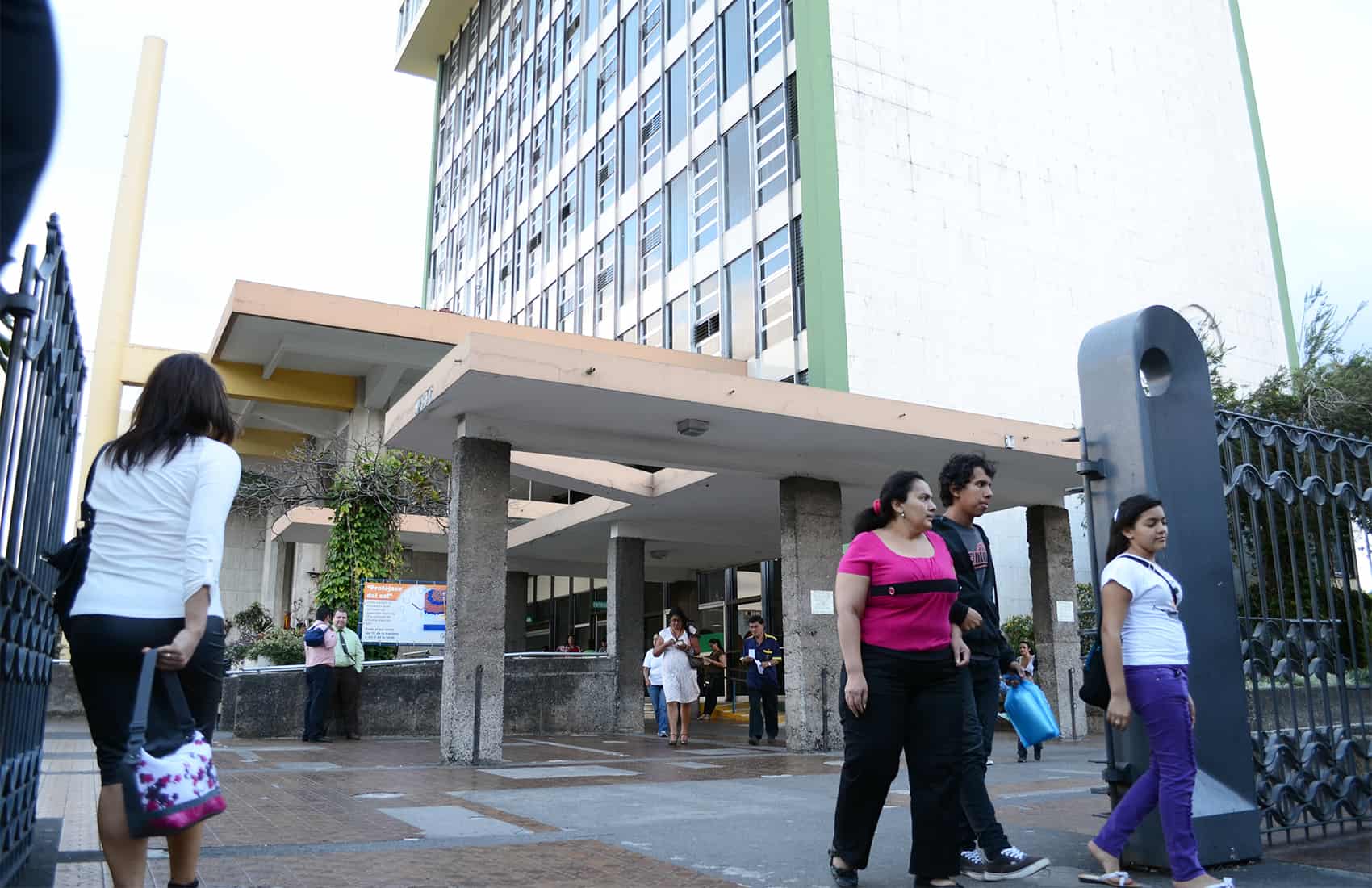Costa Rica’s public-health system has administered nearly 25,000 coronavirus vaccine shots, the Social Security System (Caja) reported.
The figure — 24,859 as of Friday morning — represents 81% of the 30,770 doses that have been distributed to health centers across the country. However, it’s less than 30% of the total doses that Costa Rica has received from Pfizer/BioNTech.
“If the arrival of vaccines to the country continues as projected, the doses that arrive each week are distributed the following Monday as part of a continuous, safe and effective process,” the Caja said in its press release.
Pfizer deliveries may slow in late January or early February as the pharmaceutical adjusts its production process, AFP reported Friday. The company “is working hard to deliver more doses than initially planned this year” globally, it says.
Another part of Costa Rica’s lag in vaccine administrations is due to the Caja reserving doses to ensure patients receive a second jab at the appropriate time.
“The second doses are needed for each patient 21 days after the first application,” the Caja explained.
Costa Rica started administering the Pfizer/BioNTech vaccine on December 24.
Earlier this week, the first patients in Costa Rica began receiving their second round of the Pfizer/BioNTech vaccine. Medical experts say the vaccine offers the most protection about one week after the second jab.
“It is already a reality: the vaccine has arrived, and more and more we advance with the vaccination of the first group and then start with the second, preserving health and life and promoting economic recovery from the pandemic,” President Carlos Alvarado said earlier this week.
The priority for vaccination is as follows:
- Staff and residents at retirement or nursing homes.
- First responders, including health personnel.
- Costa Rica’s older population, defined here as those ages 58 and up.
- People with risk factors, including hypertension, diabetes, heart disease, respiratory illness, kidney disease and obesity, among others.
- Teachers and other staff within the Education Ministry (MEP).
- Imprisoned people and judicial staff.
- Workers for the 911 service.
- Health science students and related technicians in clinical fields.
- People ages 40-57 without any of the aforementioned risk factors but whose work puts them in contact with others. This includes laborers in agriculture, construction, service industries, etc.
Costa Rican citizens and residents who fall into one of the above categories should call their local Ebais (community health clinic) to ensure their contact information is up-to-date.
The vaccine is free for citizens and residents. Tourists in Costa Rica will not receive the vaccine through the public-health system and must wait for it to become available via private means.
Costa Rica and Pfizer/BioNTech have an agreement for 3 million doses of the vaccine, enough for 1.5 million people. The Central American country also has a deal with AstraZeneca and is a member of the COVAX facility.
Costa Rica hopes to vaccinate at least 3 million people by the end of 2021. This would cover 80% of the country’s adult population, including everyone with known risk factors.
In addition, the Finance Ministry’s 2021 budget includes funds to protect 648,000 more people, which would provide coverage for Costa Rica’s entire adult population.
If you believe you have COVID-19, contact Costa Rica’s hotline at 1322. English-speaking staff and mental health professionals are available. Visit the Costa Rican Presidency for the official list of coronavirus measures and alerts.






